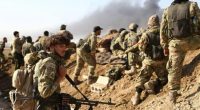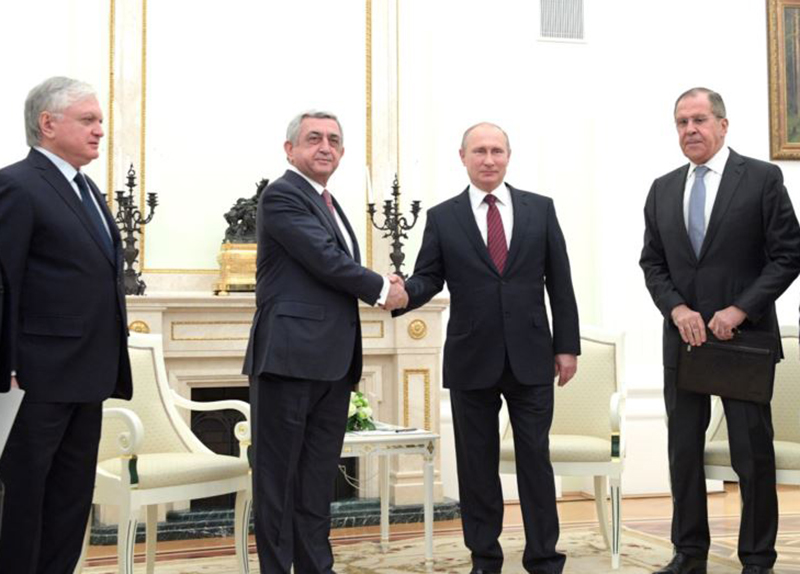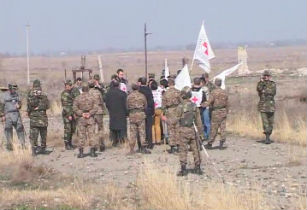Effective on October 18 from 00:00 local time, Armenian and Azerbaijan agree to a humanitarian truce. The decision comes after a follow-up to the Oct 1 statement by the OSCE Minsk Group.
The Armenian Foreign Ministry announced late on Saturday that Armenia and Azerbaijan have reached a new agreement to halt hostilities in the Nagorno-Karabakh conflict zone,
In a short statement, the ministry said the “humanitarian ceasefire” will take effect at midnight. It gave no other details.
The Azerbaijani Foreign Ministry confirmed the information, reported the Russian news agency RIA Novosti.
French President Emmanuel Macron swiftly welcomed the announcement.
“This ceasefire must be unconditional and strictly observed by both parties. France will be very attentive to this and will remain committed so that hostilities cease permanently and that credible discussions can quickly begin,” Macron’s office said in a statement cited by Reuters.
The conflicting parties already reached such an agreement on October 10 during talks in Moscow mediated by Russia. Fighting along the Armenian-Azerbaijani “line of contact” did not stop, however, with each side accusing the other of not respecting the deal.
The Armenian Foreign Ministry announced the new agreement shortly after Russian Foreign Minister Sergei Lavrov again spoke with his Armenian and Azerbaijani counterparts in separate phone calls.
According to the Russian Foreign Ministry, Lavrov “stressed the need to strictly observe” the agreement brokered by Moscow. He also emphasized the importance of Baku’s and Yerevan’s October 10 pledge to start “substantive negotiations” on a Karabakh settlement that has long been favored by Russia, the United States and France.
Earlier this week Lavrov urged the conflicting parties to work out “ceasefire verification mechanism” that would involve the deployment of “military observers” to the conflict zone. Armenian Foreign Minister Zohrab Mnatsakanian backed the idea.
A senior aide to Azerbaijani President Ilham Aliyev said on Friday that Baku does not consider the presence of such observers necessary “right now.”










